METANANO 2019, the fourth conference on nanophotonics and metamaterials, has started in St. Petersburg. The annual event brings together top scientists from universities and research centers of Germany, France, Spain, Italy, the US, the UK and other countries. This year, the conference, which is organized by ITMO University’s International Research Center for Nanophotonics and Metamaterials, has an even larger geographic representation and the number of speakers and participants. More than 400 specialists will share about the latest achievements in nanophotonics, metamaterials, biophotonics, quantum technologies and other topical scientific fields.
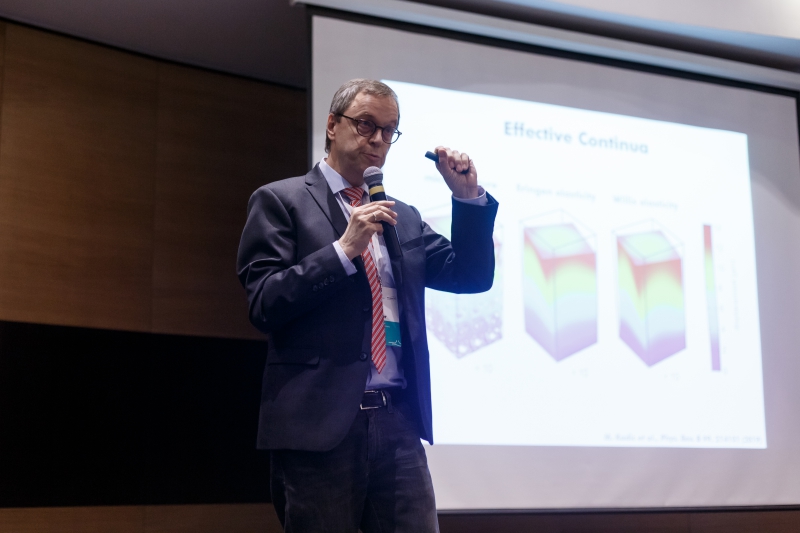
METANANO is an annual international conference presenting the latest research in the field of metamaterials, nanophotonics and optical technology. The event is organized by the International Research Center for Nanophotonics and Metamaterials of ITMO University with support from the Mediterranean Institute of Fundamental Physics. Participating as partners of the conference this year are the international companies InScience, Bruker, OPTEC Group and TESKAN, all specializing in the production and supply of equipment for scientific laboratories and manufacturing facilities.
The first METANANO conference took place in the Russian city of Anapa, gathering some 90 scientists. Since then, the event has been attracting more and more participants from different branches of research, from fundamental research in photonics and plasmonics to business-oriented projects in the fields of radiofrequency technologies, bionanotechnologies and solar energy. The number of international delegates is also constantly growing. As noted by Mikhail Limonov, chair of the conference’s program committee and professor at ITMO University’s Faculty of Physics and Engineering, this year’s event is to be attended by researchers from the countries outside of METANANO’s traditional geographic profile.
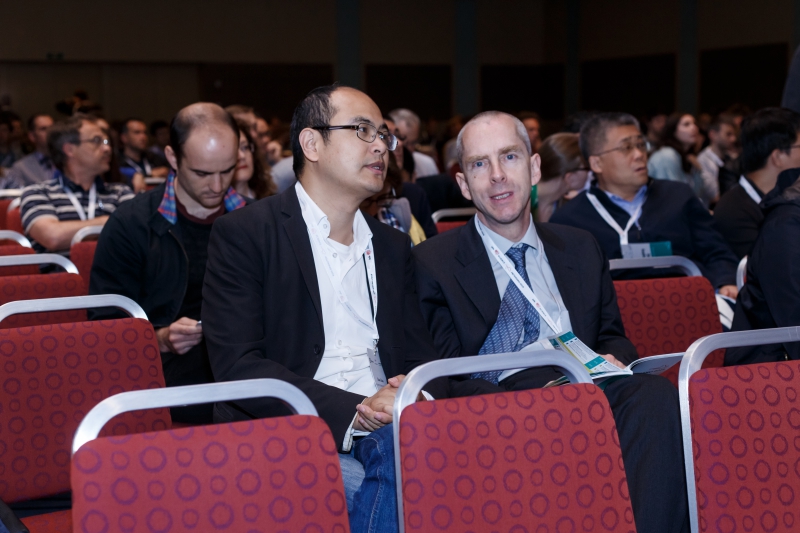
“One of our main tasks was to make the conference truly international, and I think that we managed to achieve this goal. This year, we have an even larger geographic representation. Apart from participants from universities and research centers of Germany, France, the Netherlands, the UK, the US and other countries traditional for METANANO, we have a delegate from South Africa. Our invitation was also accepted by several top scientists from Mexico and Arabic countries; Japan also has great representation,” says Mikhail Limonov.
In addition to researchers, the list of the 2019 conference’s participants includes representatives of the world’s largest science journals. Among them is Oliver Graydon, chief editor at Nature Photonics, the most prestigious publication of those focusing on original research in the field of optics and photonics. Oliver Graydon, for whom it will be his first time coming to Russia, will talk about the development of the journal and its current work.
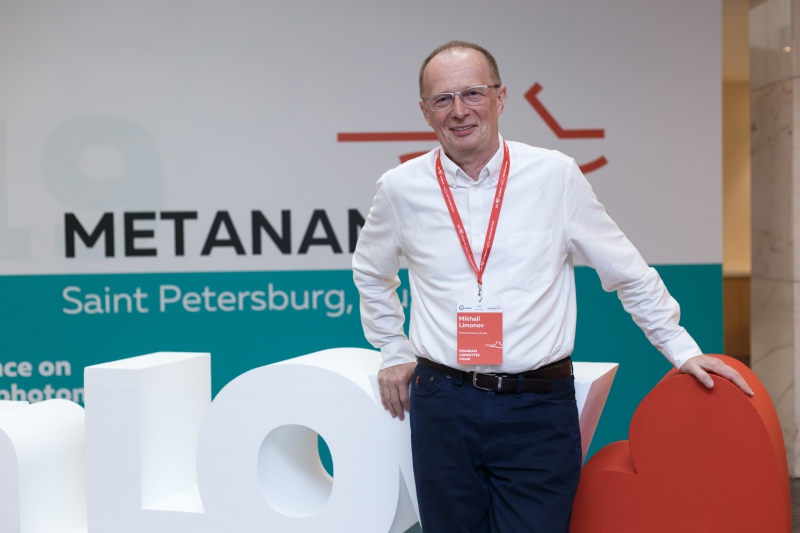
Program of the conference: key topics and new formats
Mikhail Limonov adds that this year, the program committee also managed to significantly expand the range of topics, also reworking the structure of the conference. Apart from plenary sessions, traditional and special sections, the 2019 METANANO will include two symposiums: BioMETANANO and QuantuMetanano.
Participants of the BioMETANANO symposium will focus on biomedical research in the field of visualization and nanotechnologies. Among the topics to be covered at the event will be magnetic resonance imaging, drug delivery, modern contrast agents, and synthesis of bio-compatible platforms for visualization and probing. Apart from the members of the academia, the symposium will be attended by the representatives of the industry, including specialists from Siemens and Philips.
The QuantuMetanano symposium is dedicated to quantum photonic technologies, an actively developing research field with a focus on the unique properties of light, provided for by quantum superposition, quantum entanglement and other quantum mechanical effects. Attending delegates will discuss theoretical and experimental research in a variety of fields, including diamond nanophotonics, new materials, concepts in quantum photonics and others.
.
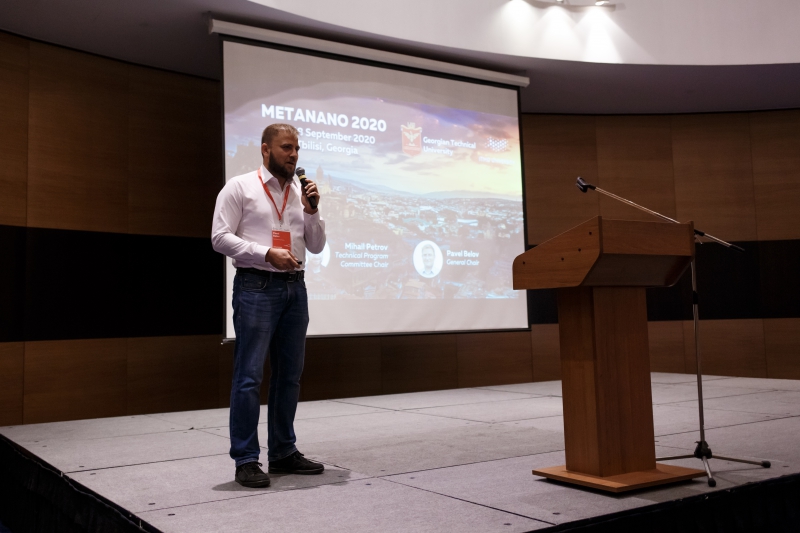
All in all, the number of special sections has been increased to 13. They are organized both by the staff of ITMO’s Faculty of Physics and Engineering together with their colleagues from international universities and research centers (such as Australian National University, the University of Texas at Dallas, the University of Southern Denmark, and others), and external specialists that participated in previous years’ installments of the conference and expressed an interest in contributing in the organization of this year’s one.
According to Pavel Belov, chair of METANANO’s organization committee, dean of ITMO University’s Faculty of Physics and Engineering, and head of the International Research Center for Nanophotonics and Metamaterials, engaging a large team of international experts in the development of the sections allowed the organizers to expand the scope of topics discussed and pay attention to not only specialized but also, to a greater extent, interdisciplinary research.
“The field of metamaterials and nanophotonics are developing in two completely different directions. At the same time, interdisciplinarity is a common trend in the modern scientific world. As we aim to achieve the results receiving high appraisal of the international community, our work can be automatically considered interdisciplinary. That is why there are practically no sections with very narrow specializations. Even at the plenary section reports tended to cover at least seven different fields, from optics and electrodynamics to engineering and a number of others,” says Pavel Belov. “What we have represented among specialized sections are, for example, sections on biophotonics and two-dimensional materials, which attracted the world’s leading sections. And this is undoubtedly the merit of the whole organization team.”
This year, participants can follow updates on the conference’s schedule on a specially developed mobile app. Another innovation is that for the first time ever, the organizers of METANANO decided to opt out of traditional paper poster reports and set up an electronic poster session instead. As noted by the participants, this format will allow to make the presentation more flexible and interactive.
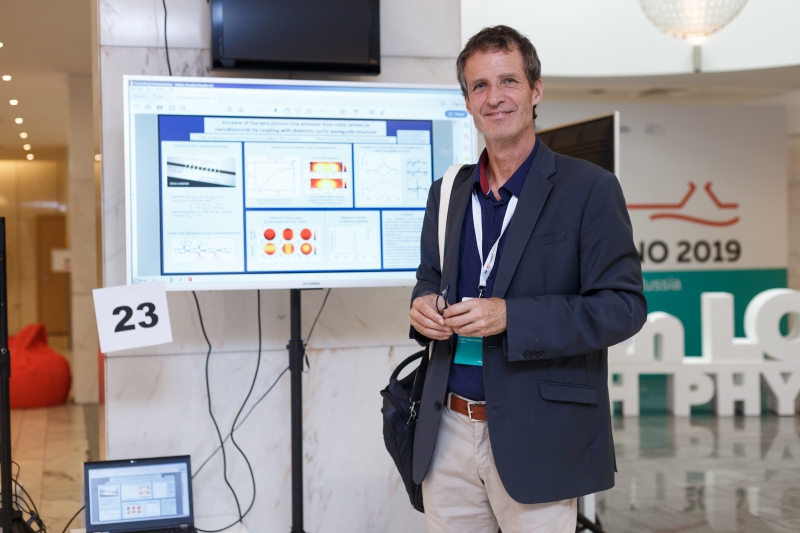
“Having heard a lot about the METANANO conference, I am glad that this year, I finally got the chance to come to St. Petersburg to participate. You can really feel the friendly ambiance here. I would also like to mention great organization of the event; this really must have required a great deal of work. For one, what I find really useful is the app, which shows real-time updates in the conference’s program. I’ve also seen the famous electronic posters. This is really great, and I’m sure that this format is the future; it’s really convenient,” says Philippe Lalanne, professor at the Institute of Optics at the Paris Institute of Technology (ParisTech).
Presenting their research results at the opening day of the conference were Martin Wegener, professor of the Karlsruhe Institute of Technology (Germany), and Armando Rastelli, professor and head of the Semiconductor Physics Division at the Johannes Kepler University Linz (Austria). According to Prof. Rastelli, conferences such as this is a great opportunity to not only connect with colleagues from adjacent fields but also discover a wide range of new fields and topical problems.
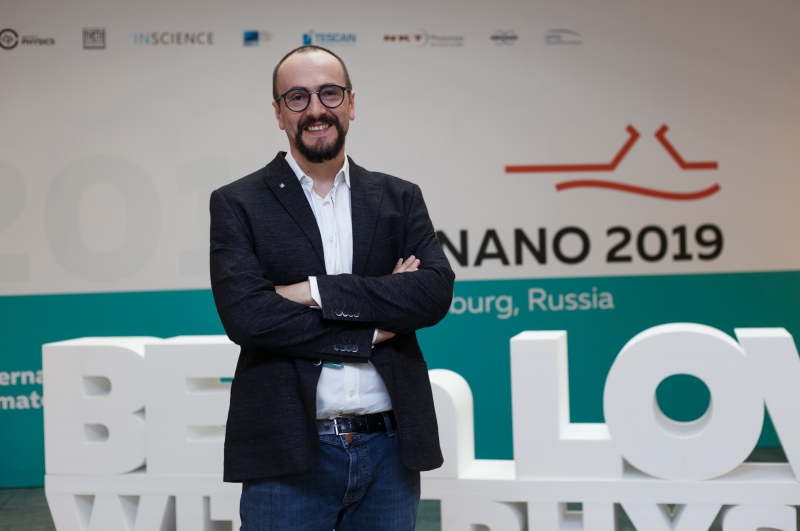
“I have heard about METANANO before and was glad to accept the invitation to participate in this year’s event. My first impressions are all very positive: there are lots of participants, section halls are packed to the brim, and I’d also like to praise the convenient location of the conference,” comments Armando Rastelli. “First and foremost, conferences like this one provide young scientists with an opportunity to cover a wide range of topics and promising research in the field of nanophotonics. This is very important, because if you focus only on your narrow scientific field, you lose sense of what is happening around you.”
The METANANO conference will last until July 20, 2019. A total of nine world-renowned scientists and specialists will contribute as plenary sessions speakers. These include professor Masaya Notomi of NTT Nanophotonics Center and Tokyo Institute of Technology (Japan), who will give a presentation on new functional opportunities created by integrated photonics, and professor Marin Soljačić of the Massachusetts Institute of Technology (the US), who will talk about the application of neural networks in photonics.
Elena Menshikova
Journalist
Последние новости
-
-
Scientists from ITMO, MIPT, and Skoltech Develop Laser-Controlled System for Reprogramming Tumor Macrophages
-
ITMO Scientists Create an Optical Platform That Switches LED Lights in Ten Nanoseconds
-
A New Russian Approach Simplifies Parameter Determination for Twisted Particles in Accelerators
-
ITMO Scientist Elected 2026 Optica Fellow
